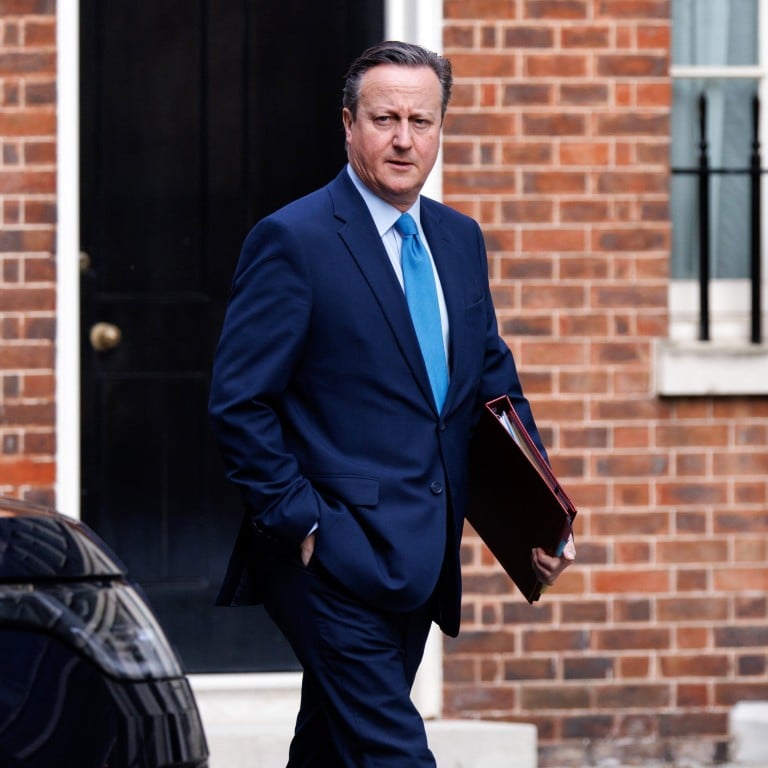
What the UK’s latest report on Hong Kong gets so wrong
- In enacting Hong Kong’s national security law, China acted legitimately to protect its sovereignty in accordance with the Sino-British Joint Declaration
- To insist on political rhetoric as the basic premise of the report is most regrettable in the eyes of people in Hong Kong
But there are still many people worldwide who might take the report seriously, so some issues of principle need to be put right publicly.
It is hard to imagine that Cameron has not read the declaration, but his statement rather suggests he has not. Article 1 of the declaration unambiguously states that China was to “resume the exercise of sovereignty over Hong Kong”. What does that mean? Clearly, it means that it is within China’s legitimate interest to protect that sovereignty and its territorial integrity.
Not only did Cameron fail to address this most salient point in the report but the UK government also singularly failed to uphold the declaration in the face of extreme violence in 2019 in Hong Kong.
To unduly emphasise the loss of rights under the national security law and complain that it is in breach of the declaration, even if true (which, obviously, it is not), is to give people the mistaken impression that the declaration accords people the right to oppose the exercise of sovereignty by China over Hong Kong. That, for want of a better expression, is simply putting the declaration on its head.
It may be unfair to assume he has read neither the consultation paper preceding the passage of the ordinance nor the ordinance itself, but the fact of the matter is that, in proposing the bill, the Hong Kong government had drawn widely from the experience of various common law jurisdictions, including the United Kingdom, before opting for a moderate and reasonable approach to safeguarding national security.
More importantly, since the passage of the national security law in June 2020, there has not been a single instance of the law being abused or used as a tool to get rid of dissenting political views in any way contrary to principles of the rule of law. To turn a blind eye to this reality and insist on political rhetoric as the basic premise of the report is most regrettable in the eyes of people in Hong Kong.
The report also one-sidedly referred to the seemingly subdued reaction of the Hong Kong public and media in the aftermath of the passage of the law. This is rather superficial, if one may say so. It is natural and often the case that the public reacts cautiously to any new law.
It is thus important not to conflate a temporary cautious reaction with an unreasonable severity of the legislation in question. Time will tell if it is the former or the latter. In any event, if one has to compare, both the national security law and ordinance can certainly hold their own in the face of similar legislations in the UK, the United States or any other country.
Last but not least, Cameron complained about the extraterritorial reach of Hong Kong’s national security law and said: “We will not tolerate any attempt by any foreign power to intimidate, harass or harm individuals in the United Kingdom.”
No one is attempting to harm or intimidate anyone. National security laws the world over have extraterritorial effects. It is also in line with international practice to issue warrants for criminals who have escaped to other countries. The British foreign secretary may have conveniently forgotten that this applies to the UK as well.
Ronny Tong, KC, SC, JP, is a former chairman of the Hong Kong Bar Association, a member of the Executive Council and convenor of the Path of Democracy

